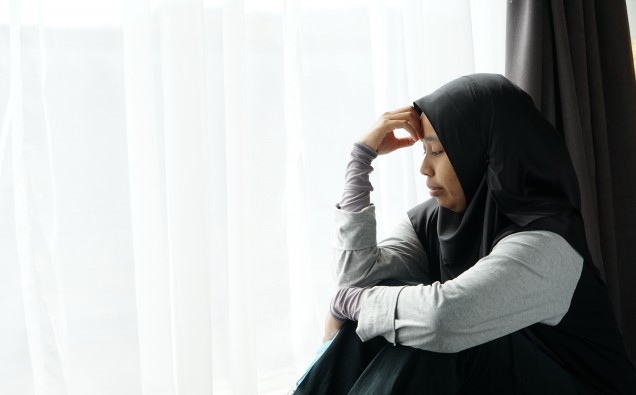Multiple reports show that women are one of the most affected demographics by the cost of living crisis, specifically those from ethnically diverse backgrounds.
During September. the Money Advice Trust (MAT) revealed that 34% of women worried about money daily, in comparison to just 23% of men.
The Living Wage Organisation suggests that women are subject to ‘she-flation’ a term which refers to the disproportionate impact inflation has on women compared to men.
Their study shows women are more likely to spend their income on household goods which readily increase in cost when inflation spikes, as such adding to their money concerns.
But it is those from ethnically diverse communities who are most likely to be behind on their bills. 25% of people were late or unable to pay bills in comparison to 9% of white British people, according to MAT.
As women from these ethnically diverse backgrounds fall victim to the cost of living crisis, Muslim charity, National Zakat Foundation, explain that Muslim women in particular are struggling.
Speaking with Amina, a working single mother of three, it’s revealed she has been under significant financial stress since the pandemic and with living costs on the rise fears this could get worse. School holidays aligning with inflation added more financial pressure with the need to feed her children three meals a day.
Dr Sohail Hanif had to say, “We see many cases similar to Amina’s through school holidays as single mothers face additional food, activity and care costs.”
“With the current inflation levels, many Muslim women can barely put food on the table for their families.”
Simran faces similar debts being a newly divorced woman who used to rely on her husband to pay the bills.
Her debts stand in excess of £12,000 due to her divorce and she is struggling to find her feet amid the cost of living crisis.
Whilst Simran is looking for work to support herself, the benefits she currently receives don’t even cover all the utilities and daily living costs.
However, recent findings by The Living Wage Organisation reveal that even when women do have jobs, a fifth of them will be paid less than the living wage, making it even more difficult to keep up with inflation increases.
“Around half of the UK Muslim population already lived on the poverty line post pandemic, despite having paid jobs. And with inflation rates rising to their highest levels ever, it’s worried that even more of our community will face the poverty line.”
As inflation rates rise, Dr Sohail says the National Zakat Foundation have raised their grant allowance by 15.
https://nzf.org.uk/

















